Diversity, Equity, Inclusion and Belonging: Pillars of Business Enablement
Tick-box diversity gets rumbled straight out of the gate. Clients, candidates and employees can see through it like cellophane, and it hinders, not helps your ultimate value proposition. Shifting the focus to a business-led approach to DEIB (one that recognises it as a cornerstone of growth enablement), can ensure that you make the best possible impact. How do you do it?
1. Adopt a Systematic Method
DEIB is a business imperative. Companies must prioritise it as they would a critical function or a core business strategy like finance or marketing. This might include regularly communicating the company’s commitment to employees, creating a DEIB committee, establishing employee resource groups (ERGs), and aligning the business’s goals with your vision for DEIB.
Including DEIB data as a key performance indicator in company reporting can be incredibly helpful too, as it will allow you to benchmark progress and remain transparent about what you’re doing to achieve your goals. For example, what you’ve done to increase gender representation in the last year.
2. Set Data-Driven Targets for Better Representation
One of the main challenges we see companies encounter isn’t necessarily data collection (although this is also an issue for many), but rather the interpretation of the data they do have. Specifically, decision-makers tend to ask, ‘what do we do we this data, and how does it align with our company goals?’
Your DEIB data can be analysed to understand where the gaps in your organisation are – diversity gaps must be applied if you aim to close them. Moreover, it’s important to frame the data in a way that resonates with key shareholders. Say you wanted better ethnic representation in your workforce, does your data show you where the initial problem is stemming from? You can collect this data from surveys, interviews, observations, process audits, and other places, but to maximise its value it must be reviewed in line with your overall vision for representation within the business.
Among other factors, good data can be used to:
· Understand where pay gaps are arising in your company
· Improve process through qualitative employee feedback
· Set measurable targets
· Ensure greater accountability
3. Place Leaders and Managers at the Heart of the Strategy
Leaders can play a crucial role in championing DEIB, provided they’re given the tools, space, and training they need to get it done. Bias training is essential in this area, and they will need to model inclusive behaviour if they hope to enrich the company culture for a more equitable workplace.
Conducting pulse surveys can be a great way to gather employee feedback on how your leaders are performing, and generally get a more accurate representation of the sentiment surrounding DEIB and company culture. A strong DEIB-driven culture tends to start from the top down, but you must have the right people in place to enable it.
4. Develop Equitable Opportunities
Truly inclusive work environments create equitable opportunities. A sturdy DEIB strategy can help eliminate the barriers that prevent fairness from thriving, whether that’s reducing pay gaps, negating bias in evaluation processes and promotions, or developing transparent, accessible career paths for all.
Merit must always take precedence over bias, but an environment needs to be created in which merit has a chance to show itself in the first place. Mutual mentorship programmes, diversity training, greater representation at the senior leadership level, and better access to decision-makers can contribute towards developing a more equitable workplace.
The Value in a Sense of Workplace Belonging
Employees that feel like they belong are proven to be more productive, engaged, happy, and better brand advocates. There is tangible value in a sense of workplace belonging, it’s just a case of unlocking it.
Recognising that DEIB is a primary facet of any organisation is the first step towards improving it. If you need support with your strategy, people, culture, policy or processes, reach out to me today at abi.chamberlain@trinnovo.com and we can find you the unique solution to your DEIB challenges.

